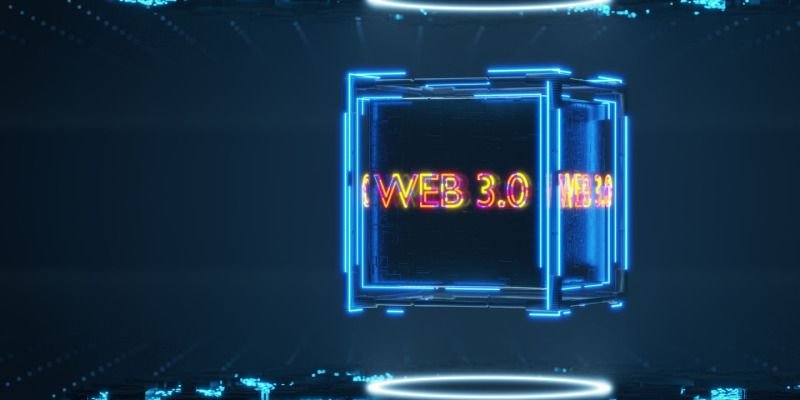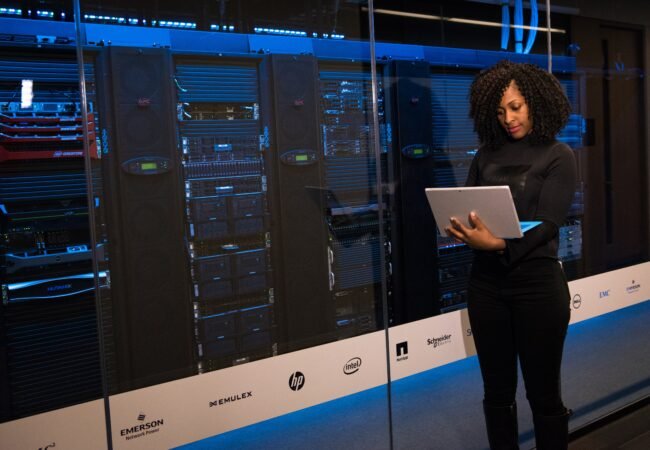

NFT ticketing solves many problems plaguing Web2 digital tickets, such as fraud and scalping. The superior security, fairness, fun, and profitability of NFT ticketing will encourage consumers to adopt Web3 in ever-increasing numbers.
While proponents of Web3 already understand its vast benefits over previous iterations of the Internet, many consumers have yet to catch up. According to a recent report from Juniper Research, “the total number of digital wallet users will exceed 5.2 billion globally in 2026, up from 3.4 billion in 2022.”
Although this statistic provides an estimated growth of over 50% regarding the adoption of digital wallets, for Web3 to realize its potential, broader adoption of digital wallets will be necessary. As this next-generation Internet gains popularity, it also gains usefulness in a positive feedback loop called a “network effect.” The more people participate, the more value Web3 networks accrue. The more valuable they become, the more opportunities for the future open up on the platform.
Encouraging Mass-adoption
How can more people be moved to accept, adopt and adapt to Web3? The answer is simple: NFT ticketing offers an easy and practical way to prompt widespread acceptance of Web3 through the adoption of digital wallets, primarily when ownership of the NFT is based on a real-world utility that delivers real value to the owner. When consumers are issued NFT tickets to get into events or access other privileges, they will acquire the digital wallets necessary to hold them.
Once people have stepped into Web3 in this way, they will become willing to make further advances in this direction. Having had a valuable and relevant experience with an NFT ticket, they will be more likely to show further interest and support for cryptocurrency and additional NFTs. Soon they will want to start taking advantage of all Web3 has to offer.
What Are the Advantages of NFT Ticketing?
Everyone is familiar with using paper tickets to get into events, and most consumers are now accustomed to digital tickets. Consider flying on an aeroplane – few prints out their boarding passes anymore. Most people whip out their smartphones to get scanned in and enter the skyway.
NFT ticketing is a natural extension of this trend. NFT tickets operate just like conventional tickets but with added advantages.
Eliminating fraud
Fraud usually plagues the conventional ticketing world. NFT ticketing would bring this fraud to an end. Unlike traditional ticketing, NFT tickets are verified via blockchain. This utterly transparent technology means the tickets are secure. Proof of their authenticity is embedded right within them. They cannot be stolen or duplicated.
Imagine a world without scammers who rip people off with fake tickets – that’s the future that NFT tickets enable.
Cracking down on scalpers
Another problem NFT tickets can solve is scalping, in which professional ticket buyers purchase tickets before ordinary people can and dramatically inflate their prices on the secondary market. This forces fans to pay much more than they should attend.
Consider the recent failure of Ticketmaster’s “Verified Fans” digital ticketing system, which was supposed to stymie scalpers. Taylor Swift fans, some of whom had waited for as much as eight hours in vain hopes of purchasing seats, watched as scalpers ran off with tickets, hawking them for as much as $22,000, an astonishing price.
How can NFTs solve this problem? NFTs can include smart contracts that are also embedded within them. These are pieces of secure computer code that also operate via blockchain. Like conventional contracts, they specify the terms under which transactions and other agreements must unfold.
Smart contracts can set a maximum price for reselling tickets. This means ticket sellers and event organizers can exert control over the secondary ticketing market. Price ceilings may be specified that disincentivize scalpers and ensure tickets get into the right people’s hands. At the same time, they would still allow fans whose plans change to sell their tickets to others.
Smart contracts can also contain “royalty splits” that permit a portion of secondary-market sales to flow back to the original ticket seller, venue, or performer. Indeed, these royalty splits can take effect whenever a given ticket is resold. Therefore, official ticket agents are also incentivized to switch to NFT ticketing.
Improving fans’ experience
NFT tickets also enable organizers to airdrop special rewards to ticket holders. For instance, NFTs can give attendees “proof of attendance” credentials that fans would be proud to possess and display. For particularly coveted events, these may even become status symbols over time. NFTs like these would also help fans find each other and build a community around shared interests.
Organizers could also airdrop photos, video clips, backstage passes or other VIP perks. Alternatively, they could give fans special discounts on merchandise or access to presales for future events. These are just a handful of examples. The limits of marketers’ imaginations are the only thing that would limit the kinds of treats in store.
In this way, NFT ticketing also promises to improve ticket holders’ experience; At the same time, royalty splits mean that selling these goodies on the secondary market would also funnel benefits back to the original organizers, ticket sellers, and performers.
Becoming high-value collectables
Since tickets to any event will be limited, they are rare by definition, and tickets to historical happenings can be highly sought after. For instance, in 2022, vintage paper tickets to The Beatles’ first U.S. concert sold for over $16,000, and Jackie Robinson’s debut game sold for $480,000.
In this way, NFT tickets are also collectable. Indeed, they may be viewed as a form of NFT artwork, which has recently taken off. According to the Market Decipher research report, the collectables market size is set to grow from $402 billion in 2021 to $1 Trillion by 2032 at a CAGR of 19.2%. In addition, the research identified the booming NFT sector, which saw a significant rise in 2021, as the primary driving force behind the projected growth of the collectables market.”
Numerous problems plague Web2 digital ticketing. Conversely, NFT ticketing opens the door to multiple advantages: security, fairness, fun, and profitability. Once consumers sample these benefits, they will soon come to expect them; and there will be no going back to the fraud, injustice, and dysfunctionality of the past.
For this reason, NFT ticketing will trigger a tidal wave of participation in Web3.






